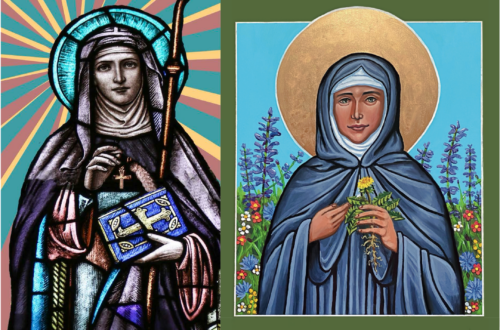Ireland, Jefferson and Religious Exemptions
From the distance of the US, it is good to see the Irish gaining greater freedom—including religious freedom—from an oppressive and secretive institution that has held considerable sway with an ostensibly secular government. Americans and people of all nations would be wise to consider the example of the Ireland described by Ailbhe Smyth (“Ireland: When the Church Is State,” Vol. XXXVII, No. 1), and the abuses that can come with exemptions from the laws to which the rest of us are expected to abide.
Here in the US, we have just celebrated Independence Day—when we celebrate the beginning of the American Revolution against a political, and we often forget religious, tyranny. Thomas Jefferson, a few months after serving as the principal author of the Declaration of Independence, drafted the first legislation to address the latter problem. The Virginia Statute of Religious Freedom finally passed a decade later under the legislative leadership of James Madison. The bill, which later informed the Constitution and the First Amendment’s approach to religion, provided that one’s religious identity “shall in no wise diminish, enlarge, or affect their civil capacities.”
We have to acknowledge that after all this time, we are still working on it. But it’s worth the effort.
FREDERICK CLARKSON
Senior Fellow for Religious Liberty
Political Research Associates
Somerville, Massachusetts



